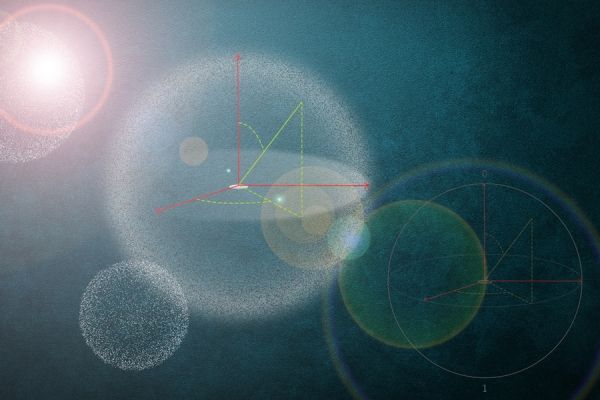The practicality of quantum computing hangs on the integrity of the quantum bit, or qubit.
Qubits, the logic elements of quantum computers, are coherent two-level systems that represent quantum information. Each qubit has the strange ability to be in a quantum superposition, carrying aspects of both states simultaneously, enabling a quantum version of parallel computation. Quantum computers, if they can be scaled to accommodate many qubits on one processor, could be dizzyingly faster, and able to handle far more complex problems, than today’s conventional computers.
But that all depends on a qubit’s integrity, or how long it can operate before its superposition and the quantum information are lost — a process called decoherence, which ultimately limits the computer run-time. Superconducting qubits — a leading qubit modality today — have achieved exponential improvement in this key metric, from less than one nanosecond in 1999 to around 200 microseconds today for the best-performing devices.
Read more at Massachusetts Institute of Technology
Image: An MIT study reports that incoming cosmic rays may limit qubit performance, impeding progress in quantum computing. Credits: Christine Daniloff, MIT


